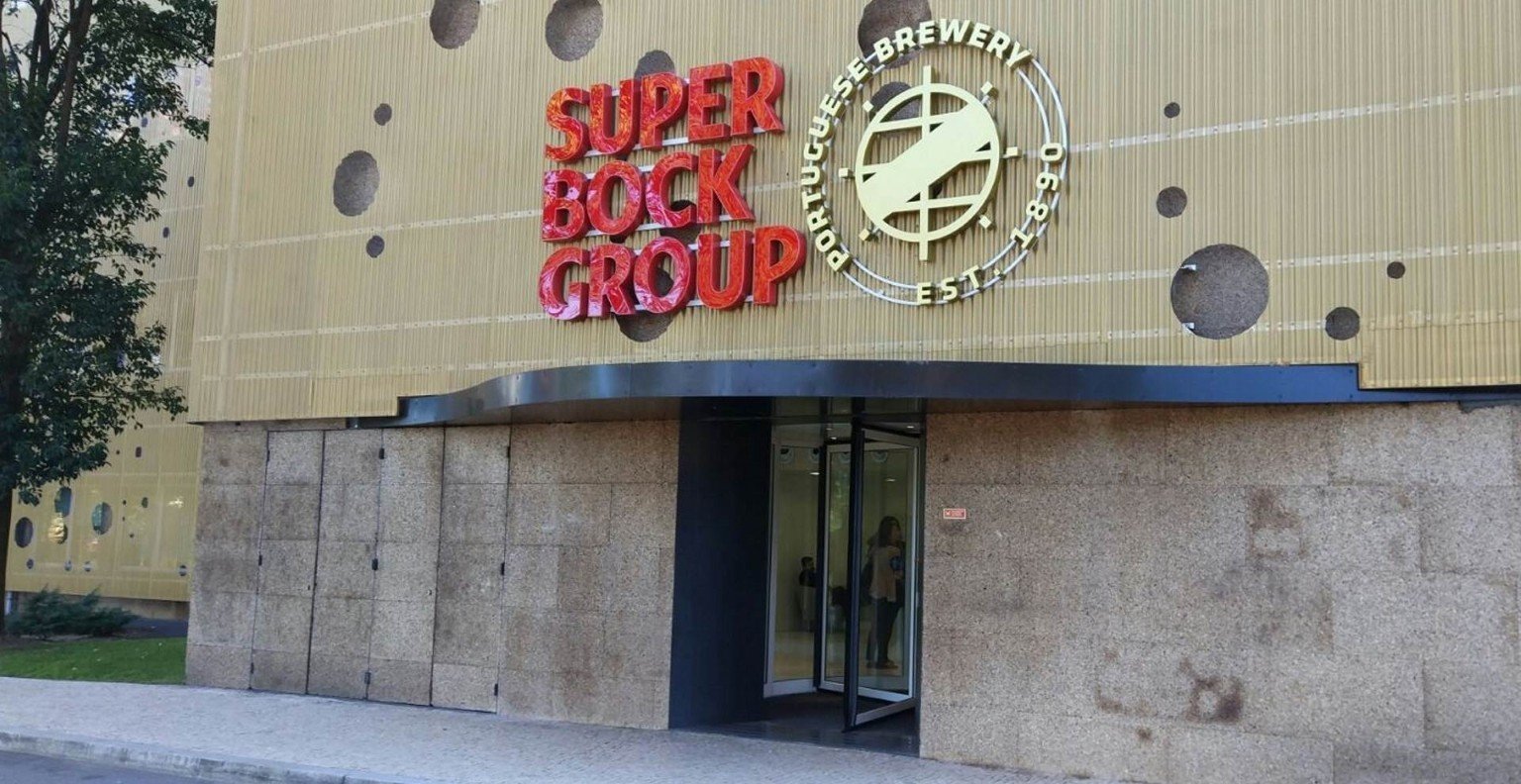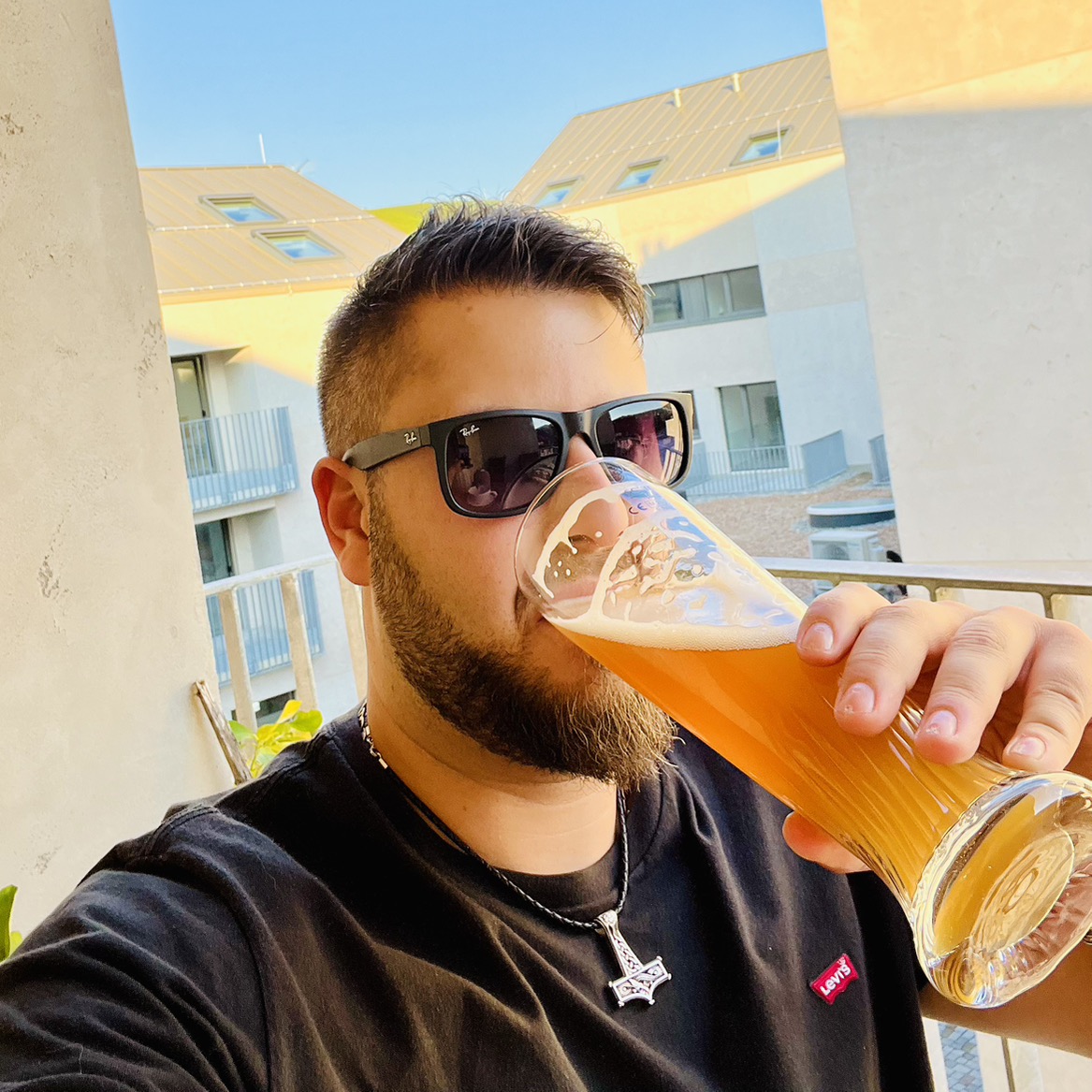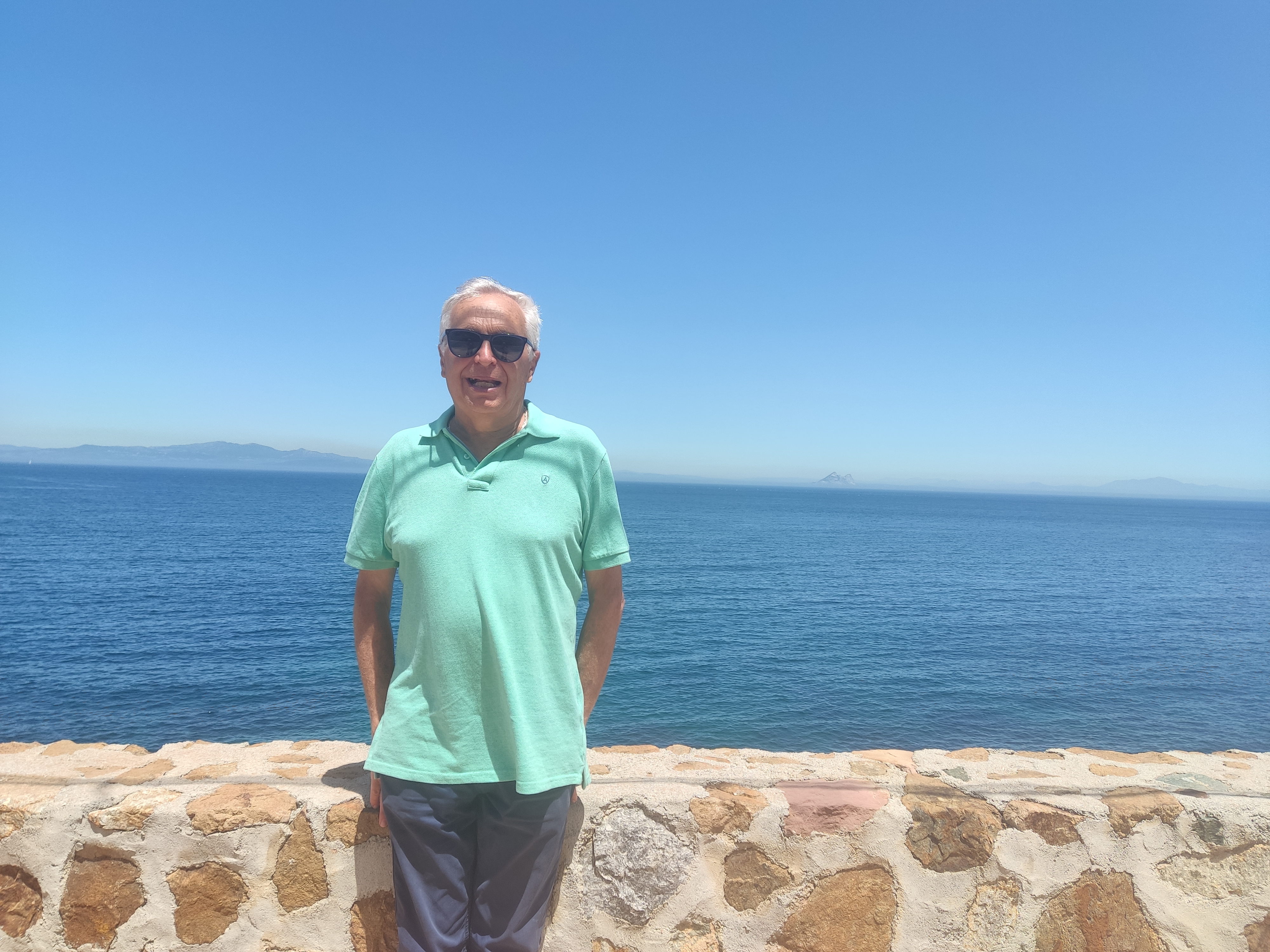Description
Companhia União Fabril Portuense das Fábricas de Cerveja e Bebidas Refrigerantes (CUFP) was founded in Porto in 1890, through the merger of six small breweries in the city (Fábrica da Piedade, Fábrica do Mello, M. Achevk & Cia., JJ Chentrino & Cia., JJ Persival & Cia. And M. Schereck) and a brewery in Ponte da Barca. The Cristal was the brewery's most important new brand. However, the new company was only able to overcome the existing problems slowly, which made it difficult to develop a quality beer due to the difficult procurement of high-quality ingredients and modern know-how. In 1900 the company hired a German master brewer for a monthly wage of 350 marks and a profit sharing of one real per liter of beer sold above the limit of 300,000 liters. In addition, investments were made in modern facilities and selected suppliers. With the award at the industrial exhibition in the Palácio de Cristal in Porto in 1926, international standards were achieved. In 1927, CUFP launched the new Super Bock brand, but continued to produce Cristal and other beers. After breweries from Lisbon and Coimbra had also been selling their brands in northern Portugal since 1926, the CUFP expanded its activities in the south of the country from the 1930s onwards. During the Second World War, CUFP also introduced the Nevália brand in order not to endanger its most important brands Super Bock, Cristal and Zirta, as it was now difficult to source high-quality ingredients. In addition, the CUFP was able to find large sales with the Allied troops in Gibraltar with the Vitória brand. In 1947, the CUFP, together with the Sociedade Central de Cervejas e Bebidas, SA (SCC), founded the Cuca brewery in what was then the Portuguese colony of Angola. Cuca, Angola's most popular beer to this day, achieved enormous growth rates there, also as a result of the economic growth in Angola. In addition to Cristal and Super Bock, CUFP also ran the brands Invicta Negra, Invicta Cola, Além-Mar (marketed in the colonies) and Zirta, all of which they produced in the newly built brewing center in Leça do Balio near Porto in the 1960s.
















.png)